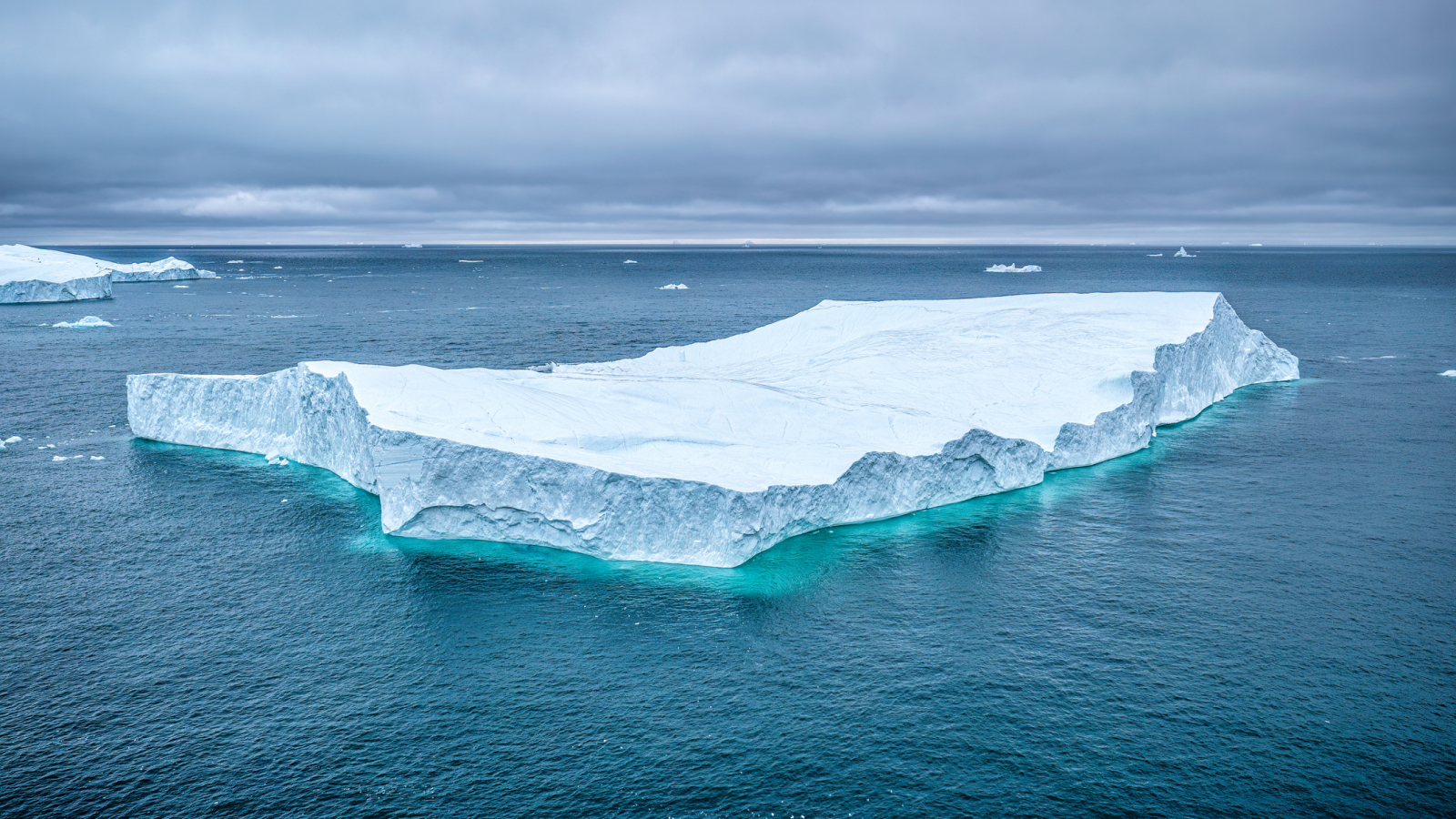Water
Latest about water
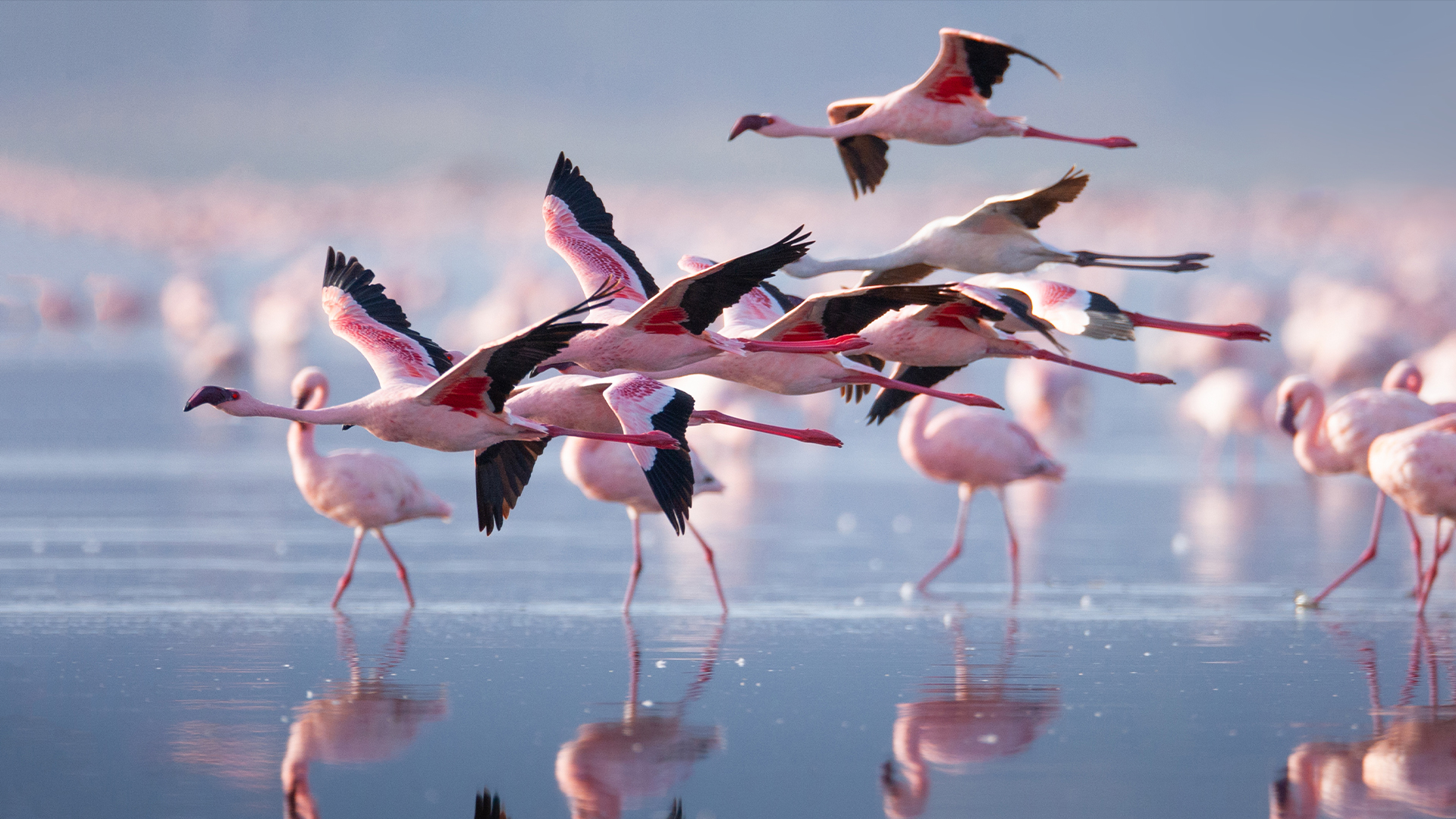
East Africa's Lake Nakuru almost doubled in size in 13 years — and that's bad news for flamingos
By Aidan Byrne published
Africa's soda lakes are rising and it's decimating the cyanobacteria flamingos have evolved to eat, putting the species at risk of drastic declines if current trends continue.
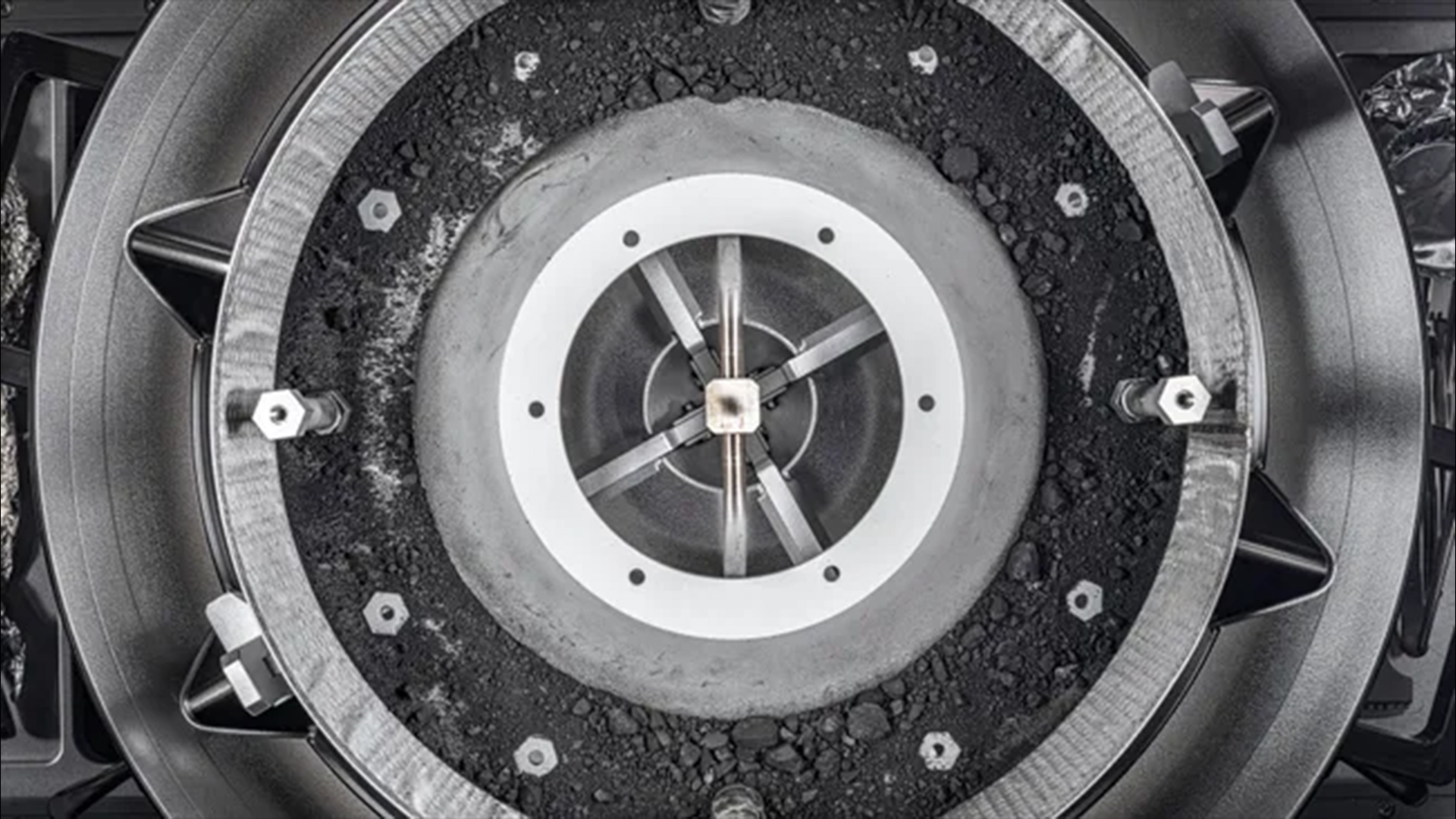
'Potentially hazardous' asteroid Bennu contains the building blocks of life and minerals unseen on Earth, scientists reveal in 1st comprehensive analysis
By Sharmila Kuthunur published
Scientists shared the first comprehensive science results from NASA's OSIRIS-REx asteroid-sampling mission at the Lunar and Planetary Science Conference, revealing the out-of-this-world makeup of asteroid Bennu.

Opposites attract? Not in new experiment that finds loophole in fundamental rule of physics
By Ben Turner published
Like-charged objects were found to clump together while opposites repelled because of the newly discovered "electrosolvation force."
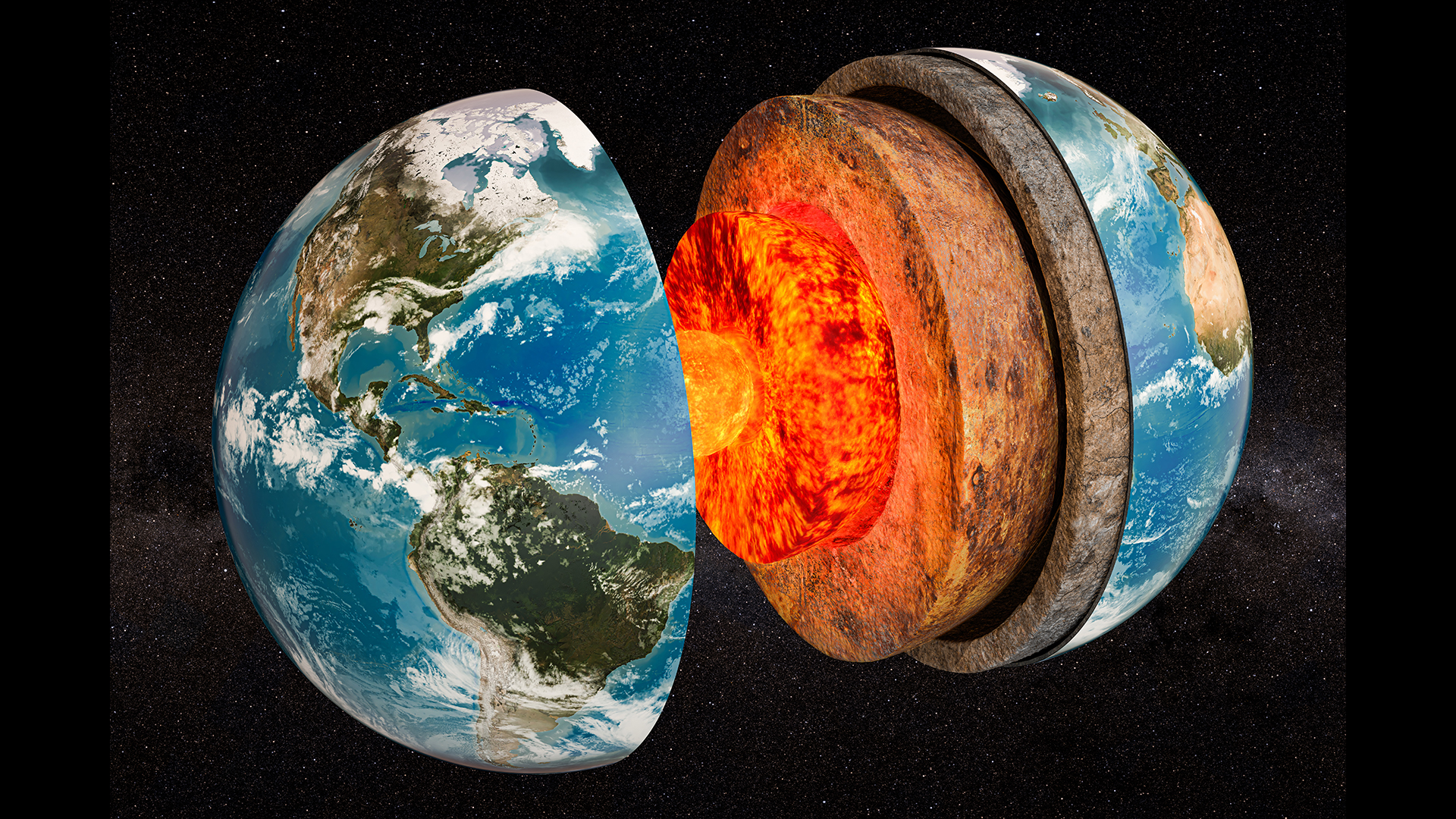
How much water is in Earth's crust?
By Charles Q. Choi published
Earth is covered with water, but how much is hiding in our planet's crust?
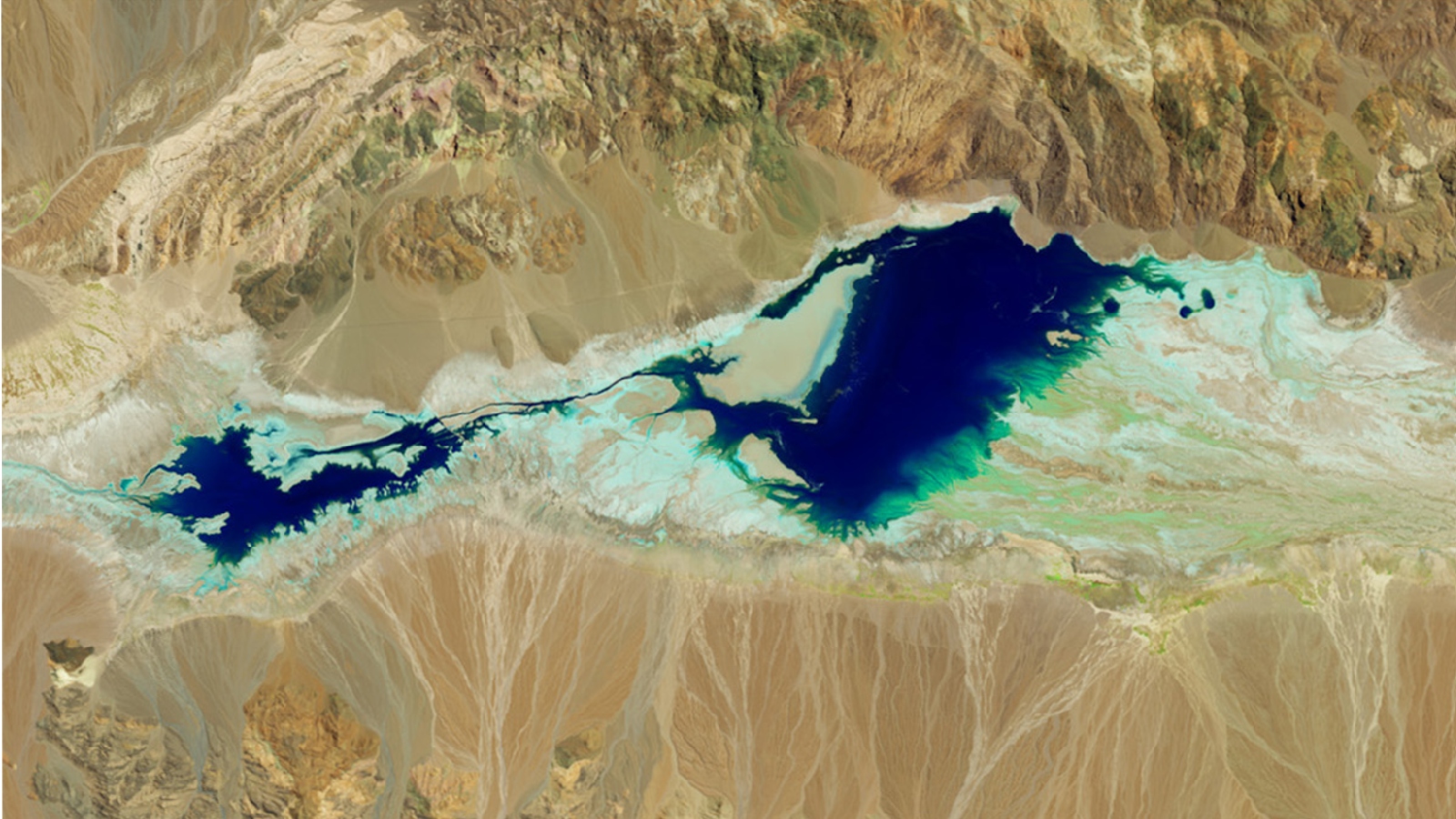
'This is weird': Experts 'shocked' by record-breaking longevity of Death Valley's phantom lake
By Harry Baker published
A temporary lake at Badwater Basin in Death Valley National Park has persisted for more than six months, which is far longer than it has lasted before. And experts say that it could stick around for quite a while yet.

'Ice printing' tiny sculptures could help scientists engineer blood vessels
By Nicoletta Lanese published
A technique for printing 3D structures from ice could be used to help make artificial veins and arteries.

Can humans sense wetness?
By Kiley Price published
Yes, we know the feeling of getting stuck in a rainstorm. But can we really sense the wetness on our skin?
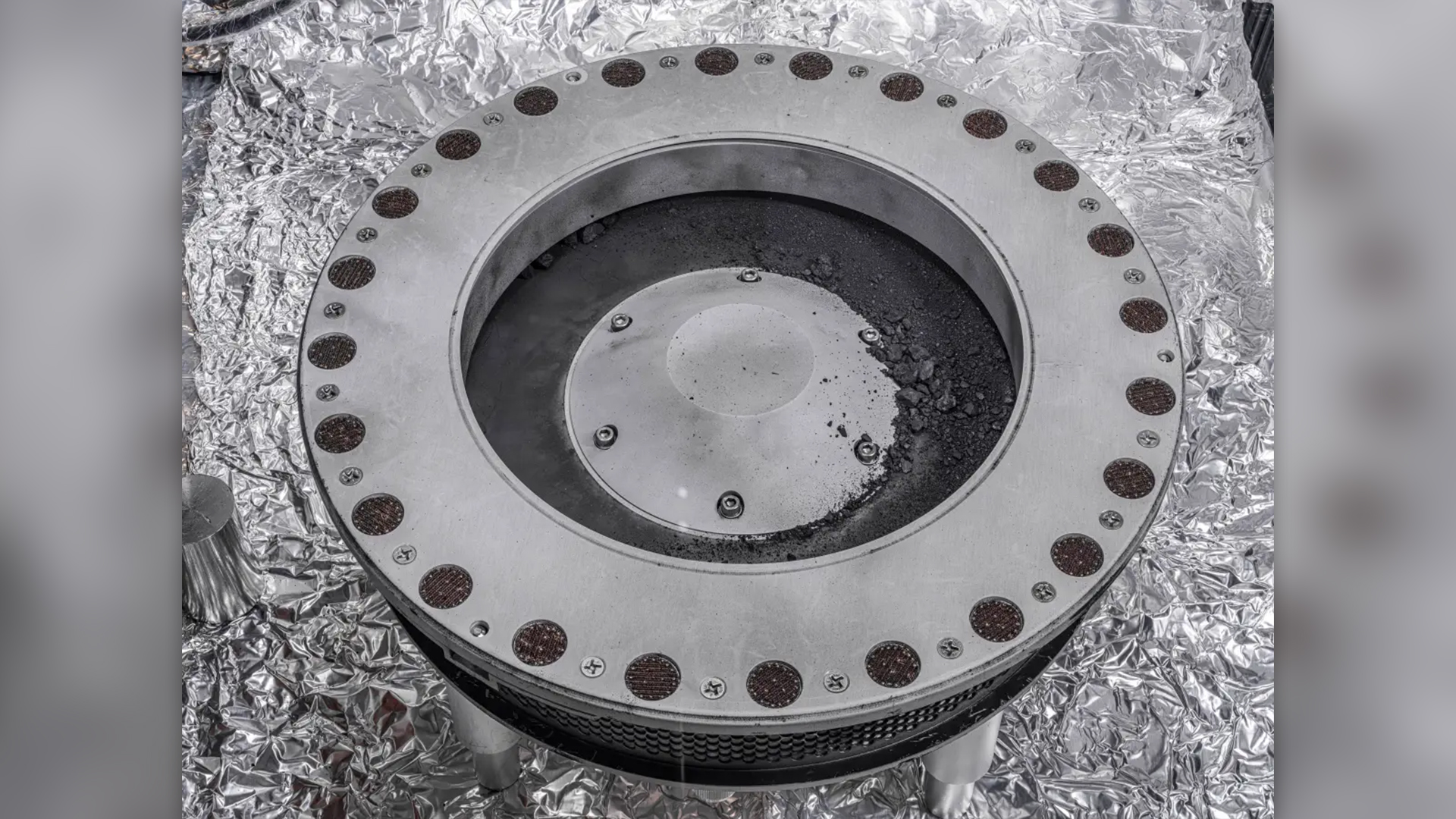
'What is that material?': Potentially hazardous asteroid Bennu stumps scientists with its odd makeup
By Sharmila Kuthunur published
Scientists found signs of organic molecules in the first samples of potentially hazardous asteroid Bennu, as well as a 'head scratching' material that has yet to be identified.
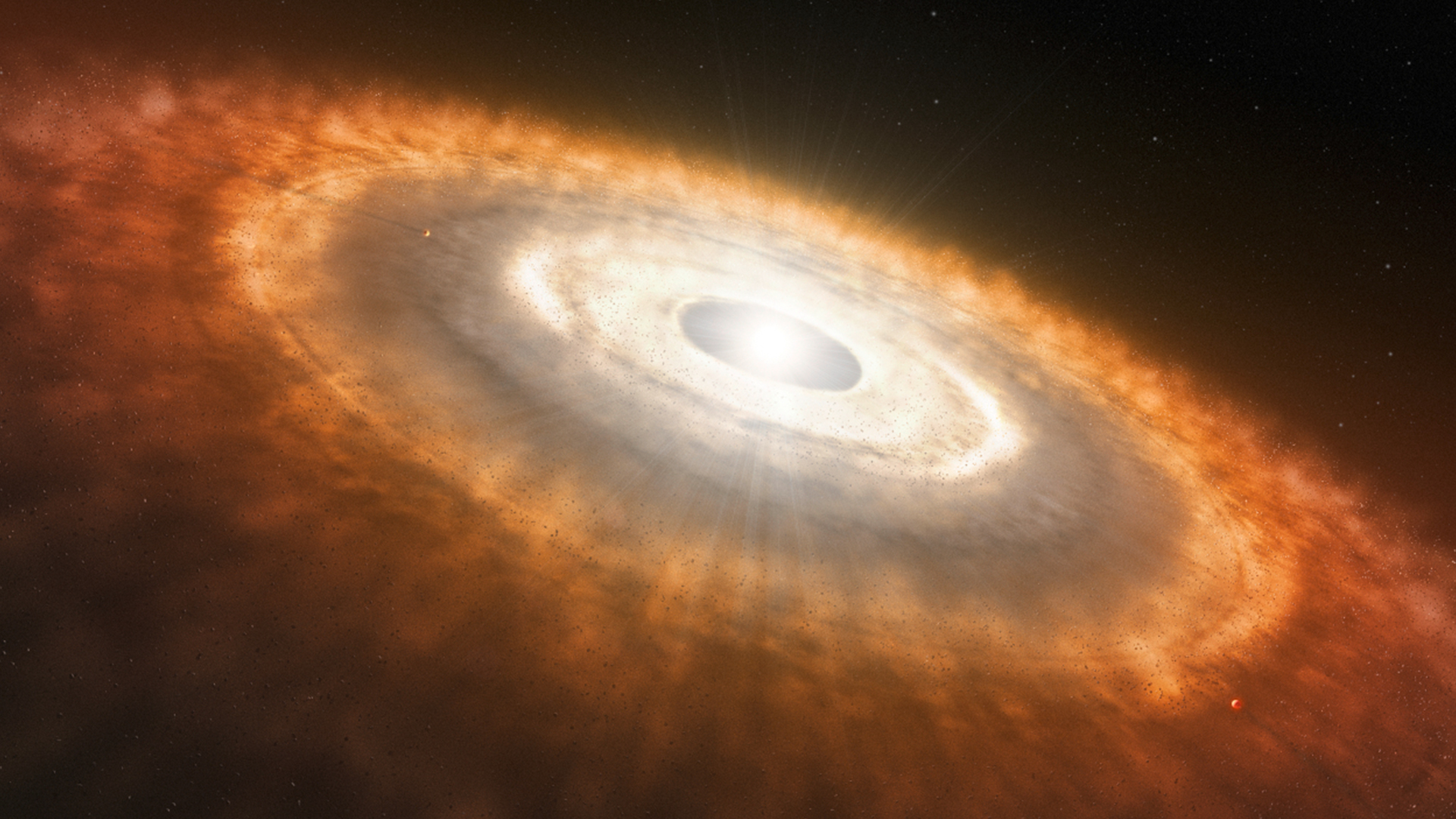
James Webb telescope finds water in roiling disk of gas around ultra-hot star for 1st time ever
By Robert Lea published
The James Webb Space Telescope's discovery of water and other molecules in the inner region of a hot protoplanetary disk suggests that rocky, Earth-like planets may be able to form in some very extreme environments.
Sign up for the Live Science daily newsletter now
Get the world’s most fascinating discoveries delivered straight to your inbox.
